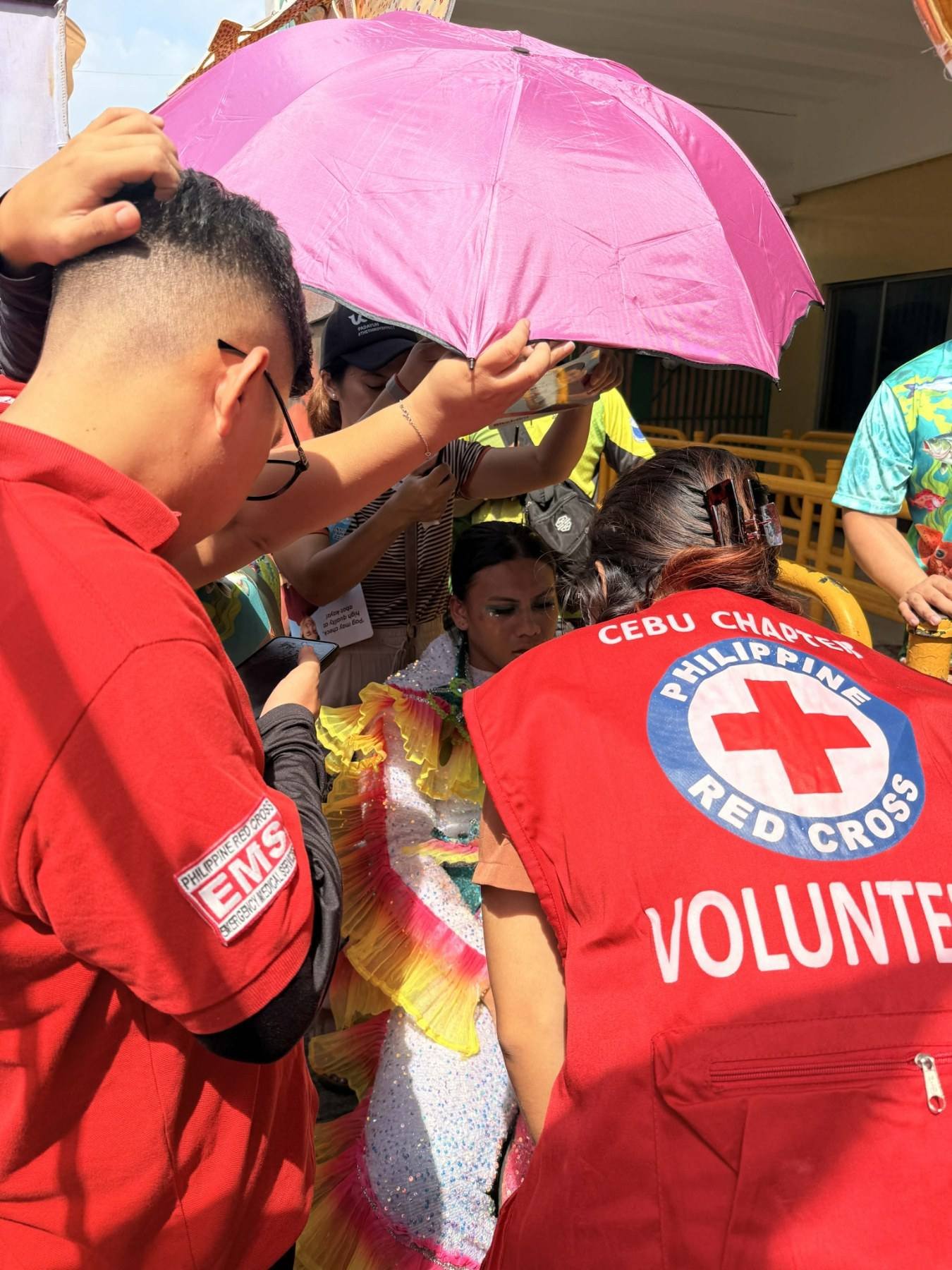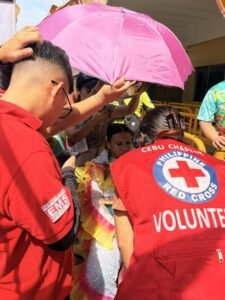The Provincial Government eyes 100 percent implementation of Universal Health Care (UHC) in Tarlac by 2024. This after it recorded 90% on UHC implementation, the highest in the country.
Governor Susan Yap said there’s some paperworks needed to be done, resolutions and financing.
“We are preparing everything and hopefully by January we will be at about 100%. Few more steps to go,” she disclosed.

Yap likewise mentioned the accolades of the province during the 9th Central Luzon Excellence Awards for Health of Department of Health namely Excellence Award on UHC Implementation, Outstanding Performance in 2022 Local Government Unit (LGU) Health Scorecard, and Excellence Award in Public Health Program Implementation for LGUs.
Also, Top Performing Province in Measles Rubella Supplemental Immunization Activity; and Maternal, Newborn and Child Health and Nutrition – Reproductive Health Champion (Bronze) Provincial Category.
The Tarlac Provincial Hospital was likewise hailed as a Four-Star Green and Safe Government Hospital.
With this, the local chief executive vowed to ensure that health services are within the reach of Tarlaqueños.
“We are making health programs more accessible especially with the help of super health centers in different municipalities. We are making sure that rural health units are equipped to administer simple procedures like vaccination and check-ups so that people won’t need to go to district or provincial hospitals,” she stated.
The primary goal of Republic Act No. 11223 is to ensure equitable access to quality and affordable health care while protecting individuals from financial risk.
The law emphasizes four core principles in delivering inclusive primary care.
It advocates for an integrated and comprehensive approach to promote health literacy, healthy living, and protection from hazards and risks.
The UHC Act also advocates for a whole-of-system, whole-of-government, and whole-of-society approach in developing health policies.
Additionally, it promotes a health care model that offers comprehensive services without causing financial hardship and prioritizes a people-oriented approach centered on individuals’ needs and well-being. ( PIA 3)













